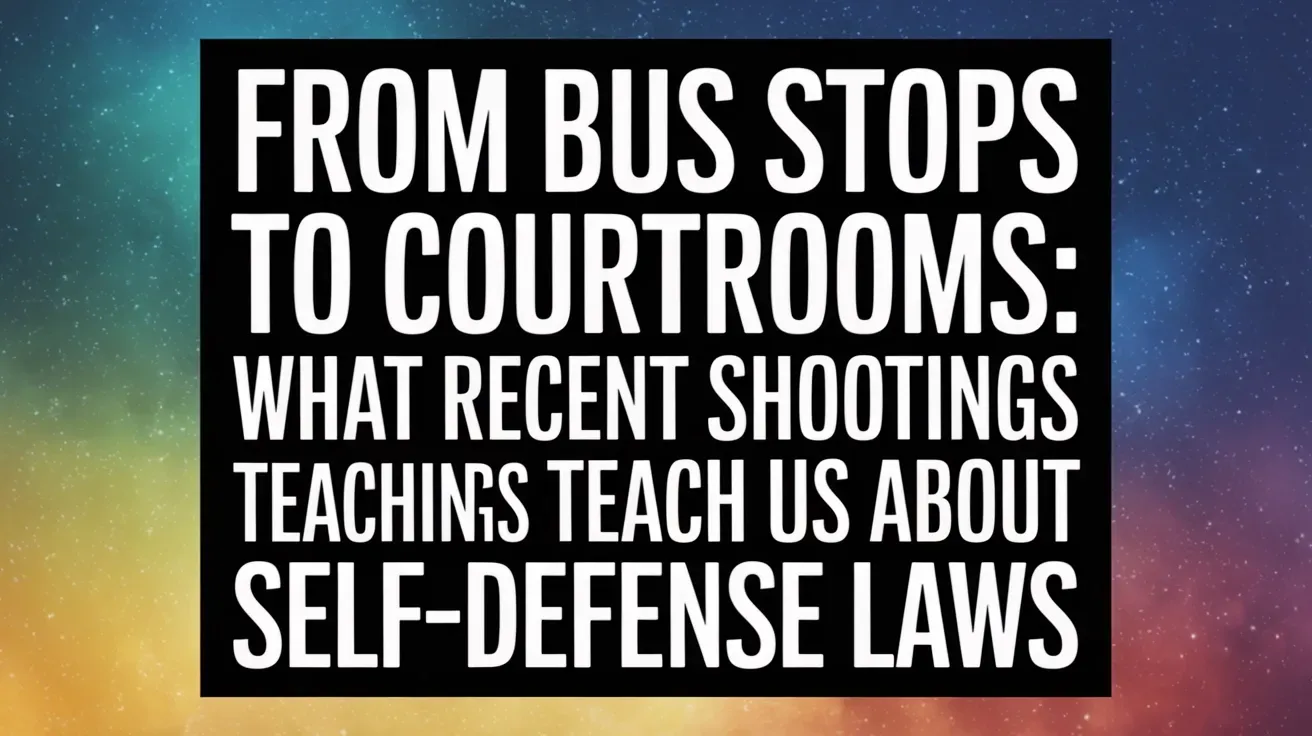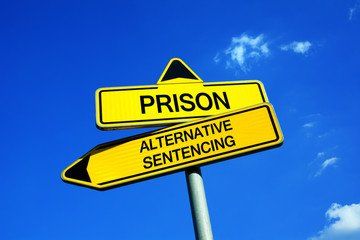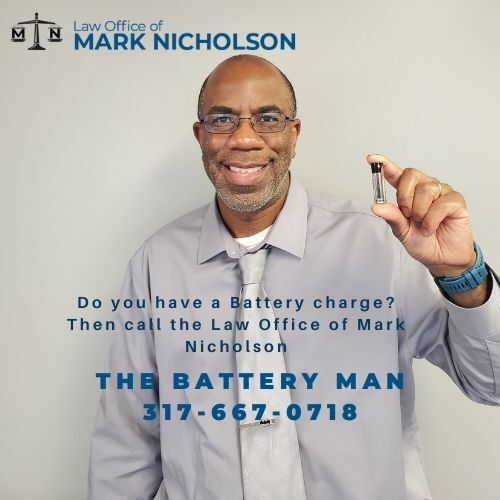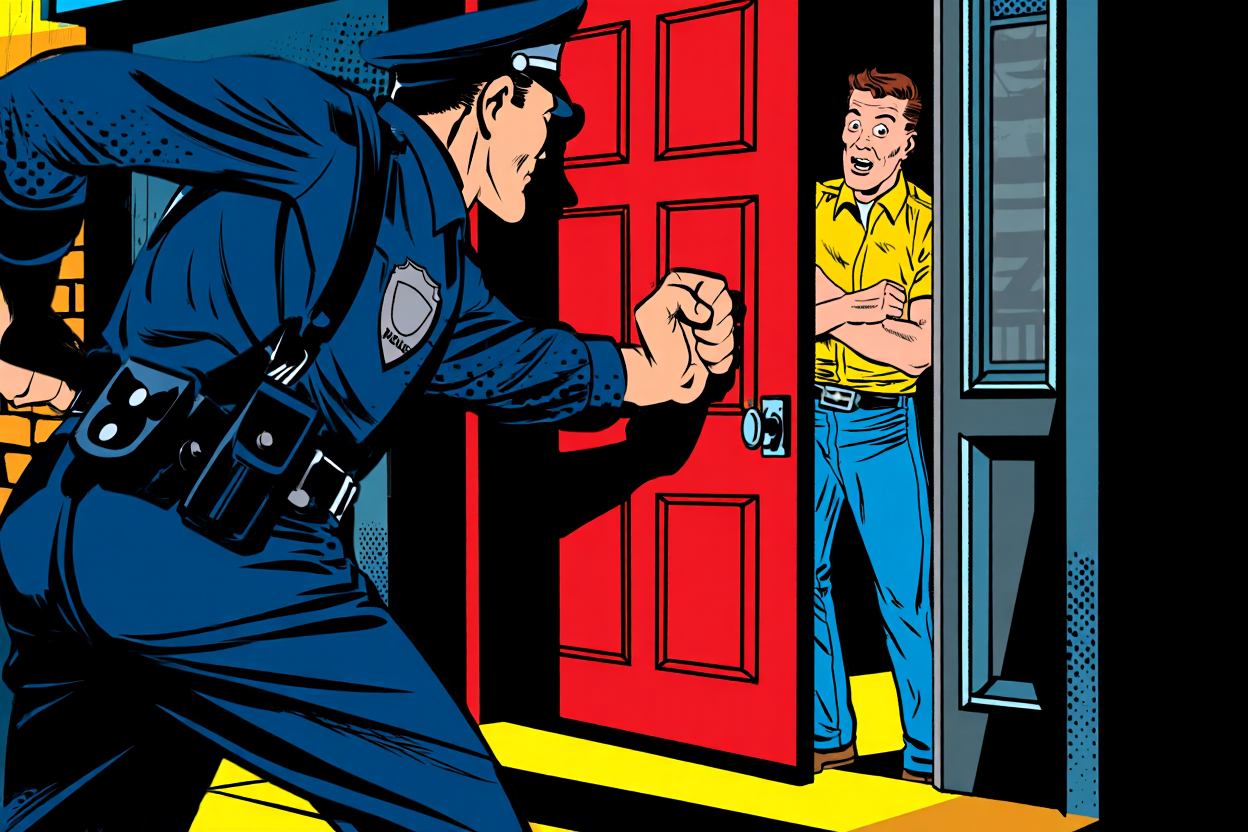From Bus Stops to Courtrooms: What Recent Indy Shootings Teach Us About Self-Defense
Indianapolis Self-Defense Lawyer

When Self-Defense Isn't So Clear-Cut
In Indianapolis, the echo of gunshots has become an all-too-familiar sound. From bus stops to neighborhood corners, recent shootings across the city aren't just crime statistics—they're complex legal cases that expose the fine line between justified self-defense and criminal actions.
"I was just protecting myself" might seem like a straightforward defense, but as recent Indianapolis cases demonstrate, Indiana courts don't always see it that way. The reality? What feels like obvious self-defense in the heat of the moment can look very different under the cold fluorescent lights of a courtroom.
Indiana's Self-Defense Law: The Basics You Need to Know
Indiana's self-defense statute (IC 35-41-3-2) permits individuals to use reasonable force to protect themselves or others from what they reasonably believe to be imminent unlawful force. This includes deadly force in certain circumstances, such as preventing serious bodily injury, a forcible felony, or home invasion.
But here's the kicker that trips up many Hoosiers: the law hinges on what's called the "objective reasonableness standard." This isn't about how scared you felt—it's about whether a reasonable person in your exact situation would have made the same decision.
The Objective Reasonableness Standard: What It Really Means
When you're staring down a potential threat, your subjective fear might be overwhelming. Your heart races, adrenaline spikes, and you make a split-second decision. But Indiana courts don't judge self-defense claims based on how terrified you were in that moment.
Instead, they apply an objective standard: Would a reasonable person in your exact position, with the same information available to you at that time, have believed deadly force was necessary?
This isn't about Monday morning quarterbacking. The court won't use hindsight to judge your actions. They won't consider facts you couldn't have known in that moment. But they will scrutinize whether your perception and response were objectively reasonable given what you did know.
The Antonio Turner Case: A Wake-Up Call for Gun Owners
Consider the recent case involving Antonio Turner, which perfectly illustrates how Indiana's self-defense law works in practice—and sometimes works against defendants who genuinely believed they were defending themselves.
Turner shot at a car before its occupant, Briscoe, shot him. On the surface, this might seem like clear self-defense—act first or become a victim. But the court convicted Turner of battery by means of a deadly weapon. Why? Because he fired at a vehicle without seeing inside it first, which the court deemed objectively unreasonable.
Even more revealing: the judge acknowledged that Turner likely made the best choice given his circumstances but still found him guilty because his actions didn't meet the objective reasonableness standard. This case demonstrates how the legal system might acknowledge your subjective fear while still finding your actions legally unjustified.
Fortunately, Antonio Turner appealed his case all the way to the Indiana Supreme Court. The Supreme Court overturned his conviction and vacated his sentence.
5 Critical Misconceptions About Self-Defense in Indiana
1. "Stand Your Ground" Doesn't Mean "Shoot First, Ask Questions Later"
Many Hoosiers believe Indiana's "stand your ground" law gives them carte blanche to use force whenever they feel threatened. While Indiana doesn't impose a duty to retreat, this doesn't authorize preemptive strikes based on vague suspicions.
2. Your Home Isn't a Consequence-Free Zone
Castle Doctrine provides strong protections for home defense, but it's not absolute. If someone is in your home illegally but poses no immediate threat, deadly force may still be deemed excessive.
3. Warning Shots Can Get You Charged
Many believe firing warning shots demonstrates restraint. In reality, they often suggest you didn't truly fear imminent death or great bodily harm—otherwise, you would have shot at the threat directly. Warning shots can undermine your self-defense claim.
4. Verbal Threats Alone Rarely Justify Deadly Force
Simply being threatened verbally, without other factors suggesting imminent danger, typically won't justify lethal self-defense. The threat must be immediate and apparent.
5. Self-Defense Can Be Negated If You Provoked the Confrontation
If you started the fight or were engaged in criminal activity, your self-defense claim may be severely weakened or eliminated entirely, regardless of what the other person did in response.
Recent Indianapolis Shootings: Lessons from the Streets
The string of recent shootings across Indianapolis provides a sobering reality check about how self-defense scenarios actually unfold. Take the recent incident on East Raymond Street, where two people were critically injured. Like many confrontations, it escalated quickly, leaving little time for careful deliberation about legal standards.
What these incidents repeatedly demonstrate is that real-world self-defense situations rarely fit neatly into legal frameworks. They're messy, confusing, and terrifying. And the decisions made in those split seconds can determine whether someone walks free or spends years behind bars.
The frequency of these incidents in Indianapolis neighborhoods like East Raymond Street, particularly at locations like bus stops where people are vulnerable, highlights two crucial points:
- Self-defense situations occur with virtually no warning
- The legal system evaluates your actions with a scrutiny that's impossible to apply in the moment
The Four Elements: Make or Break for Your Self-Defense Claim
For a successful self-defense claim in Indiana, four elements must be present:
1. Reasonable Belief of Immediate Danger
You must reasonably believe you're in immediate danger. Speculation about what "might" happen later doesn't count.
2. No Reasonable Alternative
While Indiana doesn't impose a duty to retreat, if the prosecution can show you had a clear, safe alternative to using force, your self-defense claim weakens.
3. Proportional Response
The force used must be proportionate to the threat. Responding to a shove with a gunshot will likely be deemed disproportionate.
4. No Initial Aggression
If you initiated or escalated the confrontation, your self-defense claim faces an uphill battle.
When Self-Defense Claims Crumble in Court
The most common reasons self-defense claims fail in Indiana courts:
- Disproportionate Force: Using deadly force against non-deadly threats
- Continued Force After Threat Ends: Pursuing an attacker who's fleeing
- Impaired Judgment: Acting while intoxicated undermines claims about "reasonable" perception
- Lack of Immediacy: Responding to threats that aren't imminent
- Criminal Activity: Engaging in illegal activity when the confrontation occurred
Legal Consequences When Self-Defense Claims Fail
When a self-defense claim fails, the consequences can be severe. Charges can range from battery with a deadly weapon (Level 5 felony carrying 1-6 years) to attempted murder (Level 1 felony carrying 20-40 years) or murder (45-65 years).
Beyond prison time, failed self-defense claims often lead to:
- Lifetime firearm prohibition
- Professional license revocation
- Civil lawsuits from victims or their families
- Immigration consequences for non-citizens
How the Law Office of Mark Nicholson Can Protect Your Rights
If you've used force in self-defense, the legal battle ahead requires aggressive representation. At the Law Office of Mark Nicholson, we understand the nuances of Indiana's self-defense laws and how recent Indianapolis cases have shaped their application.
We fight for clients by:
- Conducting independent investigations of the incident
- Consulting with self-defense experts and firearms specialists
- Challenging the prosecution's narrative about "objective reasonableness"
- Presenting your case in the context of your knowledge at the moment of the incident
- Identifying procedural errors in police investigations
Don't Wait Until It's Too Late
The critical window for building a strong self-defense case begins immediately after the incident. Evidence disappears, witnesses' memories fade, and legal deadlines approach rapidly.
If you've used force to defend yourself or a loved one, contact the Law Office of Mark Nicholson immediately. For cases involving firearms or other weapons, our specialized experience in gun cases provides an additional layer of expertise to your defense.
The Bottom Line on Self-Defense in Indianapolis
Indiana's self-defense laws offer substantial protection for those legitimately defending themselves—but they demand careful navigation. As recent Indianapolis shootings demonstrate, the gap between what feels justified in the moment and what courts determine to be legally justified can be vast.
Don't leave your freedom to chance. Whether you're facing charges or simply want to understand your rights better, professional legal counsel is your strongest protection. When your liberty hangs in the balance, aggressive representation isn't just helpful—it's essential.
For immediate assistance with a self-defense case, contact the Law Office of Mark Nicholson at www.marknicholsonlaw.com or call us directly. Your freedom is worth fighting for, and we're ready to fight.




















